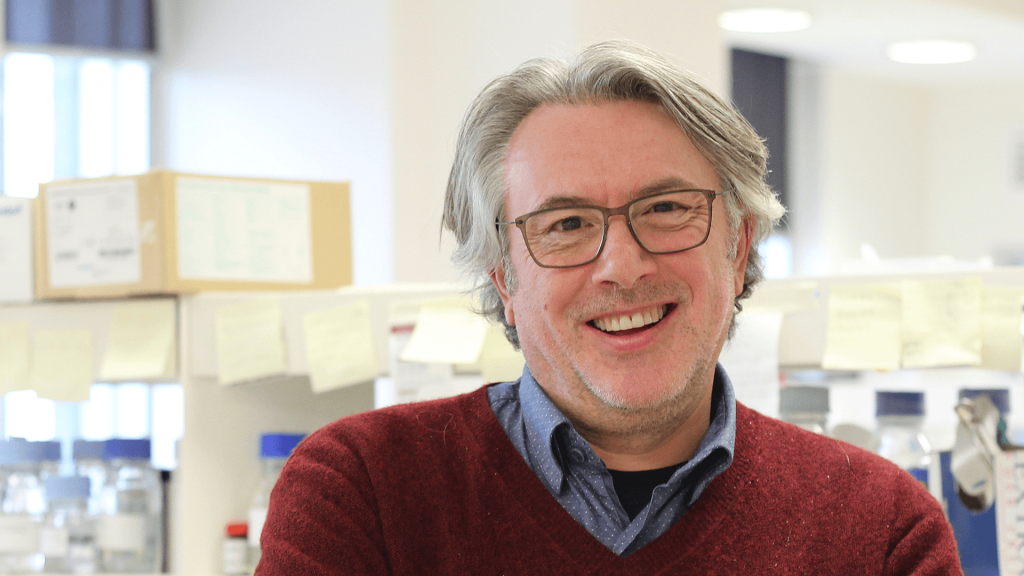A collaborative project with the Sydney Children’s Hospital is helping in the early identification of cancer cells through a genetic screening technique called RNA sequencing.
Led by Associate Professor Paul Ekert from the Murdoch Children’s Research Institute, the project has focused on young patients with leukaemia.
“Leukaemia is the most common childhood cancer and it is often driven by changes that fuse parts of one gene to another gene that are not normally connected,”
A/Prof. Ekert said.
“In leukaemia this process has been recognised for a very long time, but using RNA sequencing techniques to identify these abnormalities has now become much more accurate,” he said.
RNA sequencing techniques are widely used around the world. A/Prof Ekert and his team have used this international knowledge to successfully apply the techniques in a clinical setting in Australia.
“We’ve been applying the technique to leukaemia patients at The Royal Children’s Hospital to demonstrate that it works. And the answer is yes, it’s a very effective and a very good technique.”
A/Prof. Ekert said a major funding contribution for salary funding and project costs from the Steven Walter Children’s Cancer Foundation in partnership with the Children’s Cancer Foundation was vital to establishing the program.
“That funding support was a really important – it helped keep this research going, to develop it to the stage where it was awarded government funding,” A/Prof. Ekert said.
Since many of these patients fall into a high-risk category where current treatment is often more challenging and with greater side-effects, this early identification provides hope.
“We’ve had unexpected findings – changes in the genes that are completely novel,” A/Prof. Ekert said.
“Our gut feeling is that these things are important, but we have no evidence. So, we take them back to the laboratory and try to work out how they work and whether they might be targeted by treatments that we haven’t thought about yet,” he said.

A/Prof. Ekert said that their investigations are already leading to potential changes in treatment for about one in ten of these patients.
“This project has also been about building the expertise, knowledge and application of these techniques in a clinical setting, because it just hasn’t been done before,” A/Prof. Ekert said.
“Our aim is to provide the clinicians looking after children with very serious and difficult to cure or relapsed cancers with possible clinical options that they may otherwise not have realised they had,” he said.
The expertise and analysis developed through this project has been shared in collaboration with the national Zero Childhood Cancer program, led by the Children’s Cancer Institute and the Kids Cancer Centre at the Sydney Children’s Hospital.
“We found that the sequencing techniques we were using, and the analysis we were applying, was robust and accurate and so the Zero Childhood Cancer program has elected to use those techniques in their broad range of analysis for relapsed patients,” A/Prof. Ekert said.
However, A/Prof. Ekert said that the technique is part of a suite of techniques applied – every institute that looks after children with cancer in Australia is a part of the national study and is recruiting patients to it.
“The Zero Childhood Cancer program is one of Australia’s biggest and most comprehensive approach to understand how personalised medicine can be best applied to childhood cancers.,” he said.
“Our past experience and knowledge and know-how that was built up in this project, which was importantly funded by the Children’s Cancer Foundation, has really allowed us to make as a research group an important contribution to the techniques that are used in the Zero Childhood Cancer program.
“We are living now through a complete revolution in the way we think about cancer biology and how we think about treating cancers therapeutically,”
A/Prof. Ekert said.